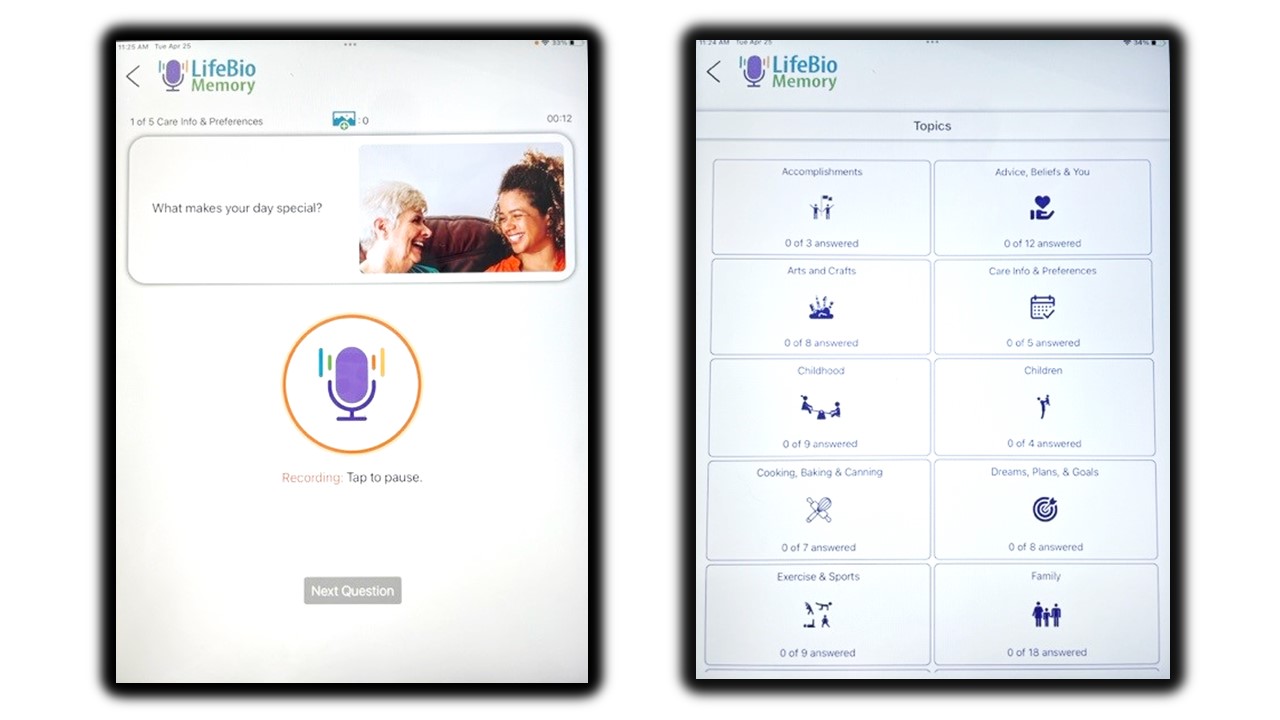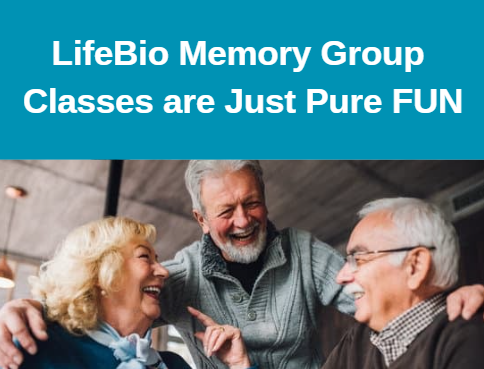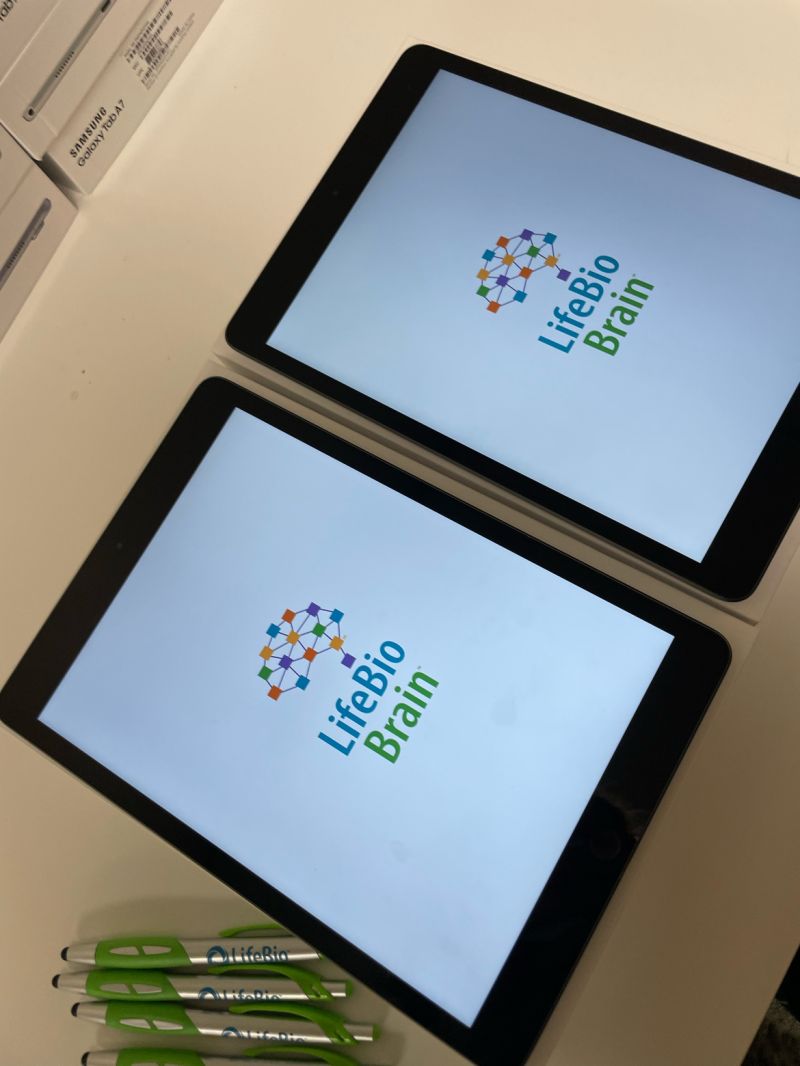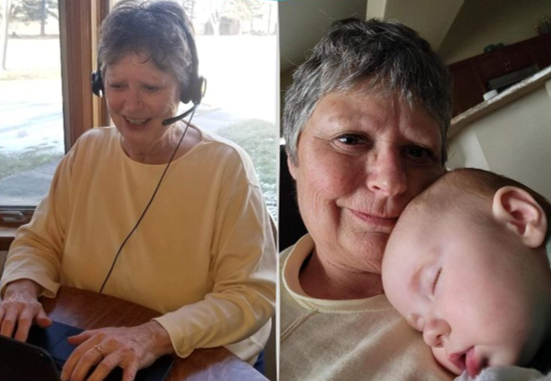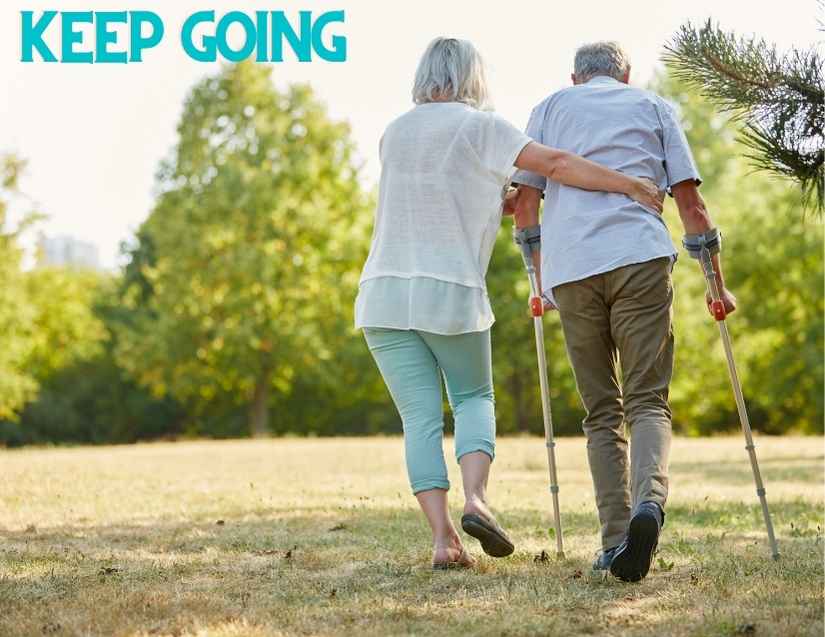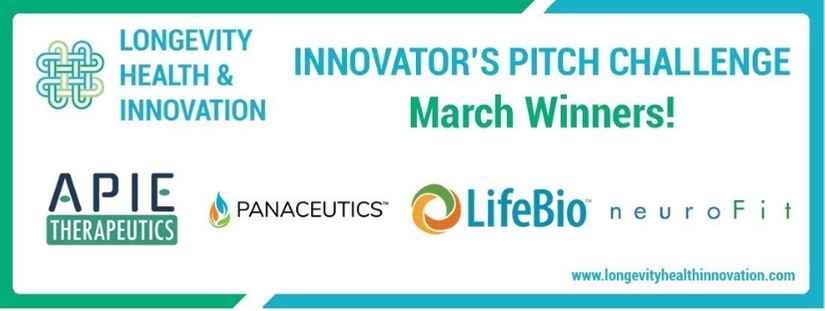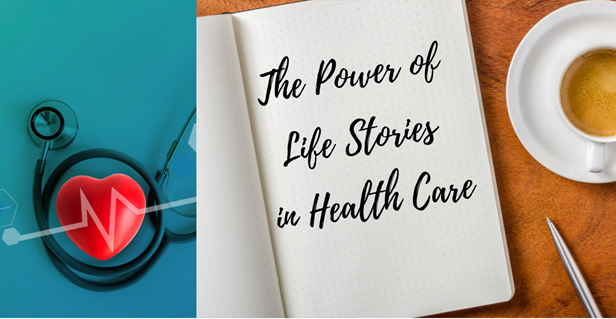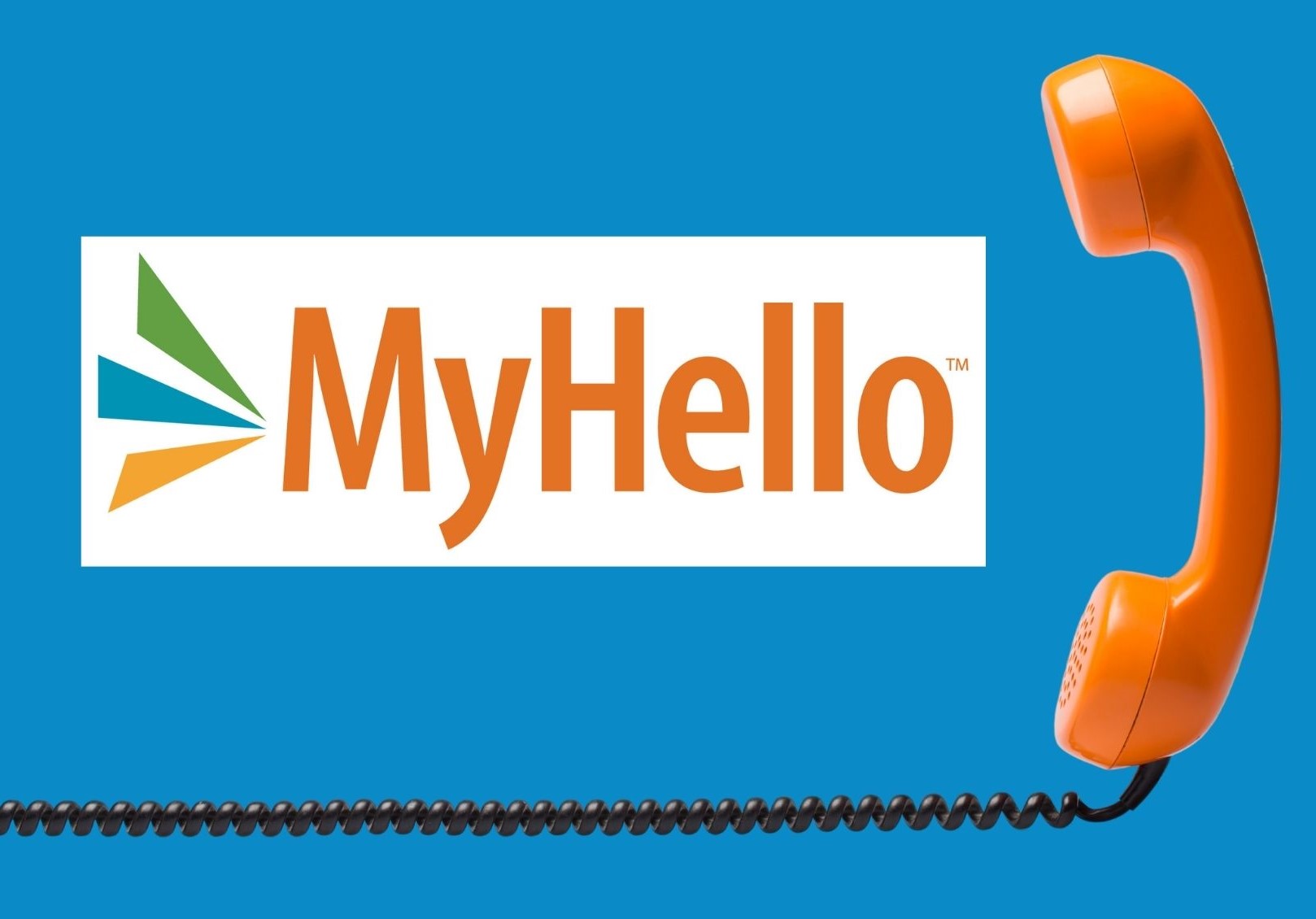We Have a Need for Speed: Innovations in Agetech
The Numbers
Right now there are approximately 54 million people in the US over the age of 65. By 2040, that number is projected to rise to 80.8 million, and then to 94.7 million in 2060. 5.8 million Americans were living with Alzheimer’s disease in 2020. That number will nearly triple unless something changes by 2060.
LifeBio Employee Appreciation: Wanda D. – MyHello Guide
When Wanda was job searching, she got a call at an inopportune time. "I was just released from my doctor after recovery from knee surgery. The call was from LifeBio, and they wanting me to come in to start training. I didn't feel like it physically. I didn't feel up to it mentally. I was home recovering with this pain, and I did not want to do it. But I said to myself, 'I've been looking for a job for two years! I do believe I need to go–whatever it takes to get my body in there.'"
READ MOREKeep Going
Keep going. Keep going. We’ve come this far, and there is farther yet to go. We learned so much in 2020 and 2021. If nothing else, the basic human need for connection and community became abundantly clear, as families and friends spent so much time apart trying to keep each other safe. Or one-on-one visits became more of the norm instead of larger groups.
READ MORELights in the Darkness
Every year when we set up our Christmas tree, my son says the same thing: “I can’t wait until it gets really dark so we can sit on the couch and look at the lights.” The darkness makes the light more visible, more incredible. Those tiny, twinkling bulbs become something more than filament and glass. They become something akin to hope.
READ MORELifeBio Wins Innovator’s Pitch Challenge
LifeBio is proud to be the winner in the #DIGITALHEALTH category in the Innovator's Pitch Challenge at the recent Longevity, Health & Innovation Conference hosted by Life Science Nation (LSN) and Mary Furlong & Associates. Both expert judges and the audience voted for their favorite companies based on materials available on the companies’ dedicated webpages, as well as their live pitch and Q&A with the judges. The importance and simplicity of LifeBio’s solution was a key factor. More than 300 attended the event, including 150 investors.
READ MOREGlimmers of Hope
It has been a year, and what a year it has been. Since late 2019, COVID-19 has existed in our world. It was just about a year ago in 2020, that this coronavirus strain started spreading rapidly and causing a global pandemic. Many places were closed or had to take other actions for social distancing. People were encouraged to wear face masks and stay distanced or to even stay at home. People were encouraged to wash hands and clean more frequently and thoroughly. Routines were forced to change. Former norms were no longer normal.
READ MOREThis Week Our Mission Takes Center Stage To Tell the Greatest Stories Never Told for Longer, Happier, Healthier lives
Thousands of years ago, cave dwellers painted on walls to warn of dangers or depict important events. The ancient Greeks and Romans shared myths and stories to influence everyday life. The Bible, Shakespeare and Guttenberg all accelerated the sharing of stories. Even today, Aborigines in Australia’s Outback use “song lines” and the Native American tribes use ancient oral histories to trace their journeys and discover themselves through those who came before.
READ MOREThe Power of Life Stories in Health Care
Every person has a story to tell. Storytelling is something we have experienced around the kitchen table or a warm campfire. Tales of great joy, tragedy, adventure, or love are told as we share our own human experiences with each other. Narrative and reminiscing are appropriate and useful in health care (narrative medicine, narrative care, humanities in medicine). It is also useful in daily life because: 1) Nearly anyone can participate in life review; 2) Life stories can help with a positive sense of identity; and 3) As people reach the end of their lives, it can result in integrity and reconciliation (Kenyon, et al. 2011, p. 291-292). It is especially helpful in the lives of older people as psychiatrist Dr. Robert Butler first documented in 1963; it comes naturally to reminisce with the familiarity and comfort of sharing about one’s past experiences, especially as people reach into their 60s, 70s, 80s, 90s, and beyond.
READ MOREMyHello Helps Fight Loneliness
LifeBio’s newest program, MyHello, is a loneliness intervention geared towards elders. Through weekly telephone calls, trained MyHello guides are reaching out to help lessen the effects of social isolation, especially during COVID-19, through engaging and meaningful conversation. Calls often center on reminiscent topics, such as school and work experiences, hobbies, historical events, or other life memories.
Here are some examples of the success MyHello is having, one phone call at a time each week.
READ MOREMyHello is changing lives!
Birds of a feather flock together... But what happens if isolation prevents flocking?
LifeBio designed MyHello to be a loneliness intervention. While it has been geared towards serving elders, it is not limited to any particular ages. The idea is that weekly telephone calls will help increase social connectedness and help cut down on feelings of isolation and depression, even more so during our nation’s current pandemic. There are different types of telephone calls available, depending on what a person finds most suitable to individual needs and preferences.
READ MORE
